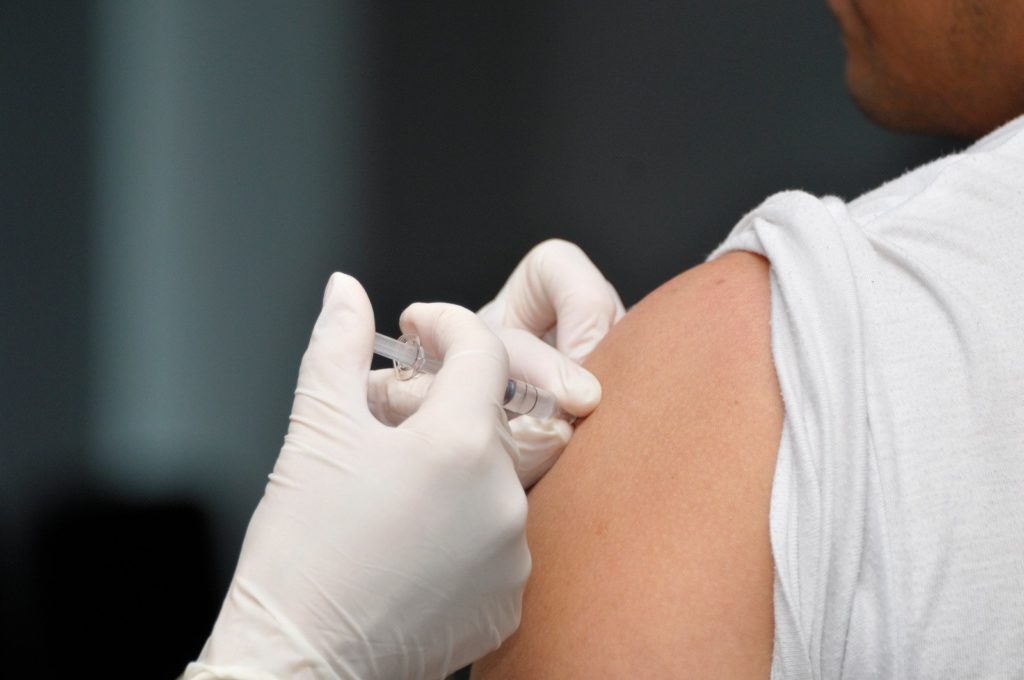MANILA, Philippines — The local medical community urged the government on Wednesday to exercise caution toward Russia’s vaccine for the new coronavirus as the Food and Drug Administration (FDA) allowed local use of a traditional Chinese medicine approved by Beijing to treat mild and moderate COVID-19 cases.
Philippine Medical Association president Jose Santiago Jr. said that the country should not rush to get hold of the “Sputnik V” vaccine developed by Russia’s Gamaleya Research Institute of Epidemiology and Microbiology since much still remains unknown, particularly its possible side effects.
The medical warning about the Russian vaccine came after it was disclosed that it was approved just two months after human trials started.
Read: Duterte says Russia may give COVID-19 vaccine for free, volunteers to receive first injection
“We have to really verify what their clinical trials were and, of course, who were their subjects. Then we have to wait for the possible effects or side effects of the vaccine,” Santiago told the Inquirer. “I think we can still wait. We don’t have to rush to get into the vaccine of Russia.”
Must wait
“We have to really see the reports, some trials that they have undergone. We are really not confident with the vaccine of Russia now,” he added.
Health Undersecretary Maria Rosario Vergeire assured the public that even as President Duterte had repeatedly said that a COVID-19 vaccine would be available by year-end, regulations would still be followed.
“The President knows this,” she said. “We can assure the public that we are going to study this very critically; we will scrutinize this properly and put it through our regulatory procedures so that we could be certain of it.”
The Chinese medicine Lianhua Qingwen was approved last week by the FDA, according to director general Eric Domingo.
The Chinese Embassy in Manila said the drug had been approved for mild and moderate COVID-19 cases in China.
The drug’s certificate of product registration indicated that the medicine “helps remove heat-toxin invasion of the lungs, including symptoms such as fever, aversion to cold, muscle soreness, stuffy and runny nose.”
